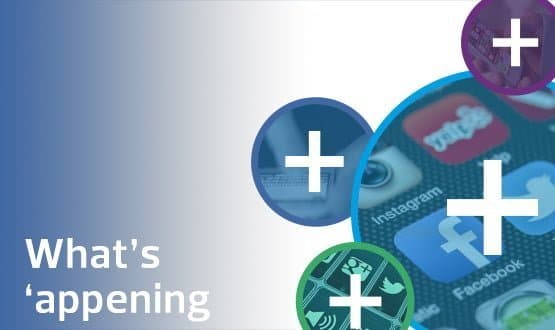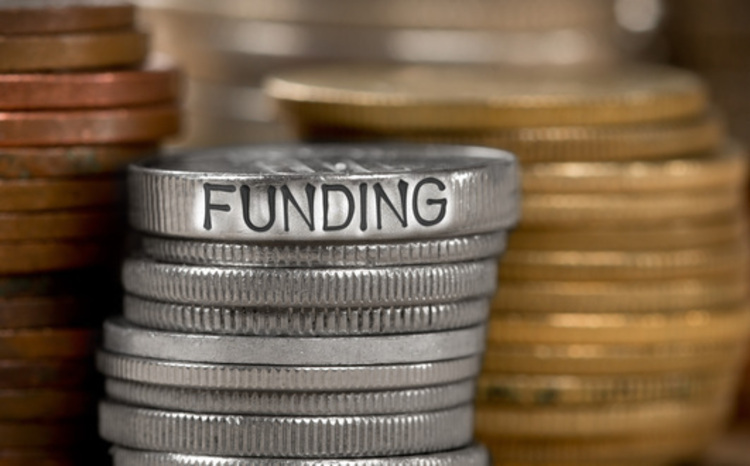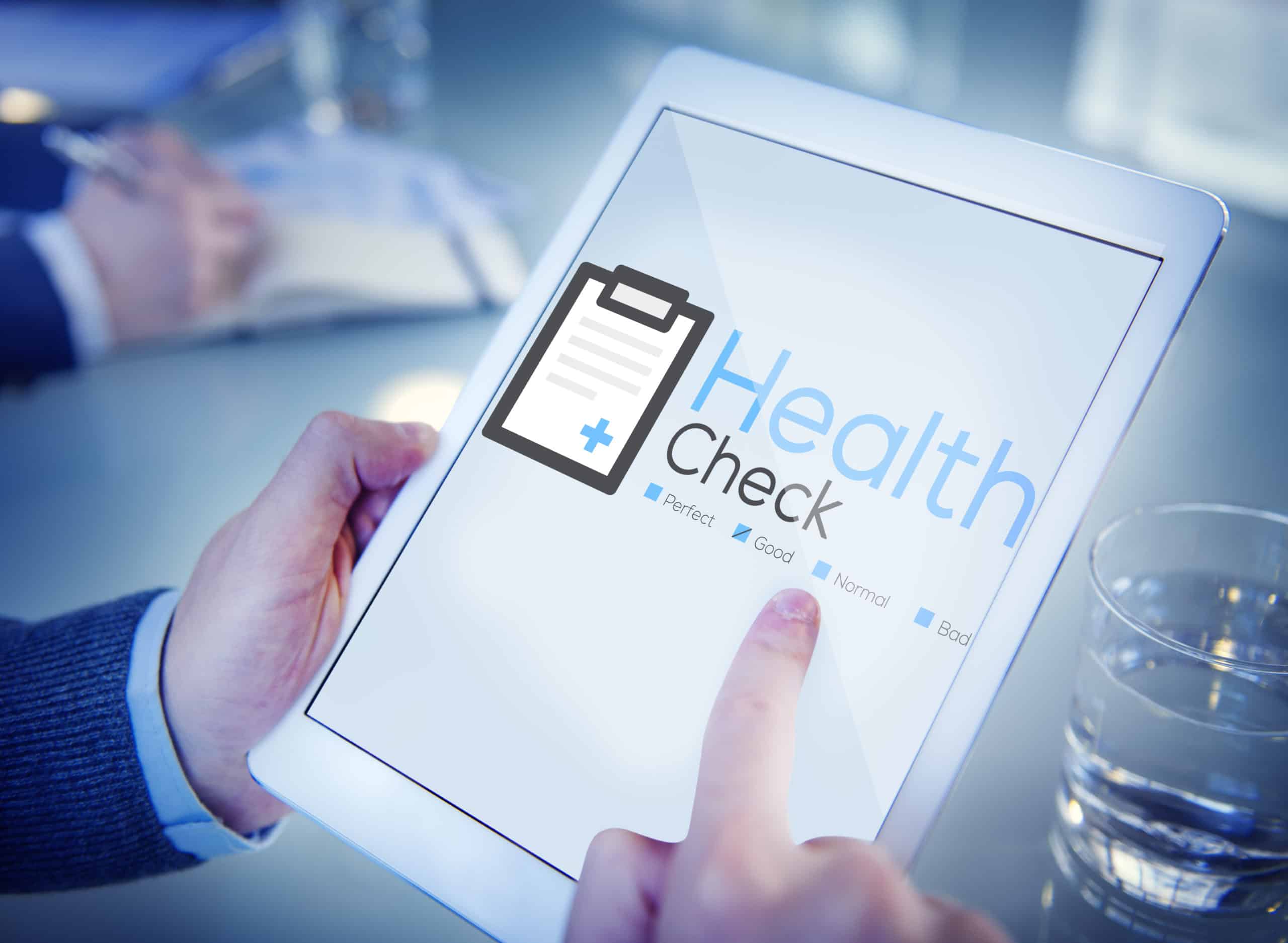Mobile health and apps news in brief

New apps and updates
App to help prevent suicide
A new app is being developed to support people at risk of suicide. Researchers at Manchester Metropolitan University are working on Rescue Station, which connects users to family and friends when they are in need of support. This is based on a traffic light system where red means a person has an urgent need for help.
Baby check app to support parents
Parents now have access to a smartphone app that can help them perform quick checks if they think their baby might have a serious illness. The Lullaby Trust Baby Check app is developed in partnership between Birmingham Community Healthcare NHS Trust and the Lullaby Trust, a charity to support safer sleep for babies. It is hoped that parents can perform the 19 checks to help them decide if their baby needs a doctor.
Mumsnet launches parenting app
The patient support website Mumsnet has launched an app to provide parents with information and support on how to bring up a child. Mumsnet Baby Bundle features monitoring tools and trackers that can help new parents keep track of their child’s development. Medical content for the tool is supplied by Doctor Care Anywhere, which provides online video and phone GP consultations.
Cookery app to measure brain function
An app that tracks a person’s ability to cook a meal can be used to measure brain functionality after a head injury, according to researchers at Sheffield Hallam University. The app is based on research that says cooking is a reliable measure of a person’s executive function as the process to make a meal involves memory, planning and sequencing abilities, which are commonly diminished after brain injury. Early research has shown that the app can help doctors make a quicker diagnosis and programme of rehabilitation. The team is now hoping to secure funding to develop the app further.
Mobile health market
Mobile health app market to hit $31bn by 2020
The market for mobile health technologies is expected to hit $31 billion per year by 2020, according to consultancy firm research2guidance. The company’s research predicts that the market, which currently stands at $10 billion, will grow by a compound annual growth rate of 15% over the next five years. Revenue streams highlighted by the research include money from the delivery of services using the app, such as remote consultations; the sale of mobile devices related to health apps; the sale of drugs via an app; and advertisement revenues.
Apple considers licensed health product
Apple’s CEO Tim Cook has suggested that the company may create a product that is a specifically intended to support someone’s healthcare. In an interview with the Daily Telegraph, Cook said that he didn’t want to put the company’s’ Apple Watch through the regulation process to become a medical device despite its many health-related applications, but that he didn’t mind “putting something adjacent to the watch through it”.
Campaigns
Demand for GPS tracking for dementia patients
Campaigners in England are calling for the use of GPS technology to track the location of people with dementia. It follows the introduction of the technology in Scotland where it helps family members and carers know the location of someone with dementia. The campaigners, led by Ian Sherriff, academic partnership lead for dementia at Plymouth University, say that the use of GPS tracking gives dementia patients more freedom to roam safely
Awards
Babylon video consulting app wins IT award
Babylon, a smartphone and tablet app that connects patients to GPs, has won Mobile App of the Year at the UK IT Industry Awards 2015 run by BCS, The Chartered Institute for IT, and Computing. Babylon is a subscription service that allows users to books virtual consultations with healthcare professionals. The company’s founder is Ali Parsa who previously set up private healthcare provider Circle.





